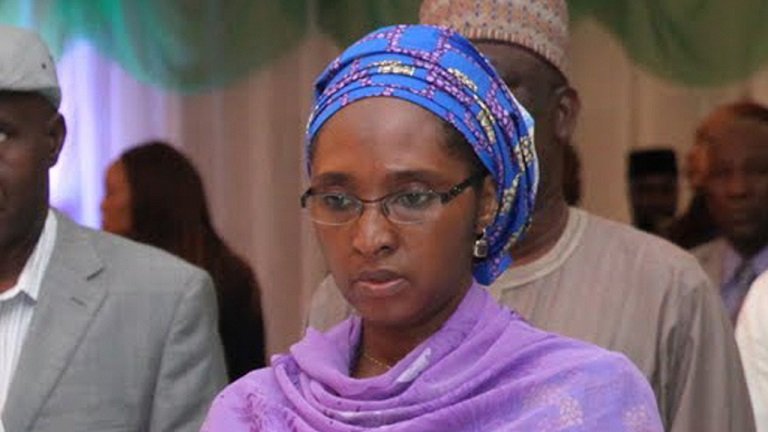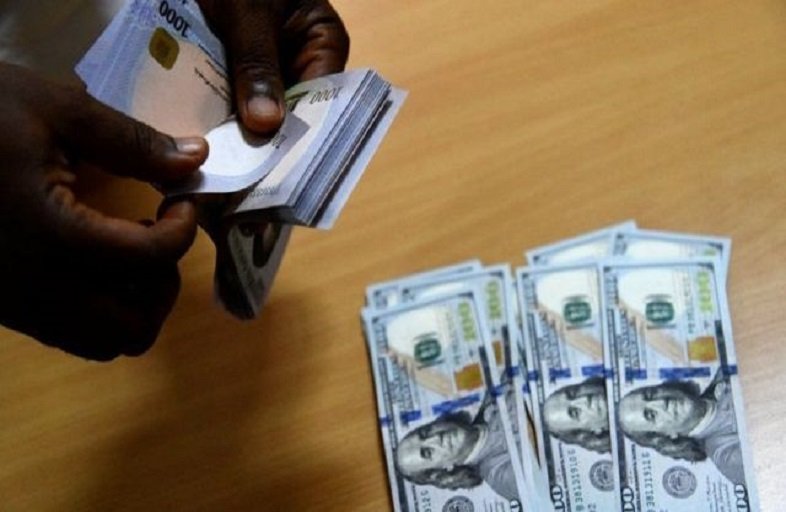
Nigeria plans to tap concessionary long-term loans to finance its 2019 budget in addition to borrowing at home, Finance Minister Zainab Ahmed said on Wednesday.
“We intend to fund the 2019 budget through borrowing locally and internationally with a spread of 50:50. Our focus is on concessionary long-term loans,” said a National Assembly tweet quoting the finance minister.
“We intend to borrow both locally and internationally, improve on our local borrowing, introduce an infrastructure bond and to identify new and enhance an existing revenue stream.”- Zainab Ahmed (Minister of Finance).#NASS2019BudgetHearing
— The Nigerian Senate (@NGRSenate) March 27, 2019
Nigeria, which has Africa’s biggest economy, has borrowed abroad and at home over the past three years to help to finance its budgets and to fund infrastructure projects but debt servicing cost is also rising.
Ahmed said there were challenges generating revenue but that the 2018 budget has performed well. She said the government had put in place strategies on how to finance the 2019 budget of 8.83 trillion naira ($28.9 billion).
READ: Diageo, Nestle, Unilever, Coca-Cola launch Africa Plastics Recycling Alliance
Budgets under President Muhammadu Buhari, who starts a second term in May, have been Nigeria’s largest ever but has failed to provide the type of capital spending needed to improve infrastructure due to funding issues. The government has been seeking to boost revenue after it emerged from a 2016 recession two years ago.
On Tuesday the central bank cut its benchmark interest rate for the first time in four years by 50 basis points to 13.5 percent to try to stimulate growth, a move which could also lower borrowing cost for the government.
Buhari has pledged to revive the economy, which has faced low growth since emerging from its first recession in 25 years in 2017 after last month defeating Atiku Abubakar to win re-election.
The central bank has said GDP growth could pick up in the first quarter, buoyed by election spending and this year’s government budget, to reach 3 percent from 1.9 percent last year.










